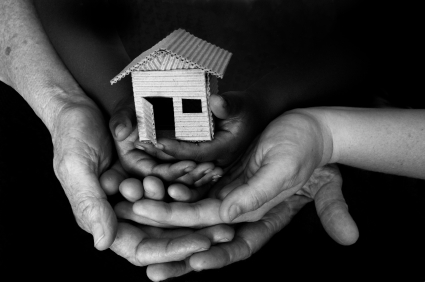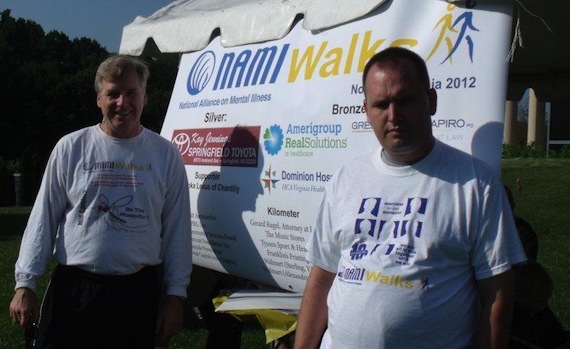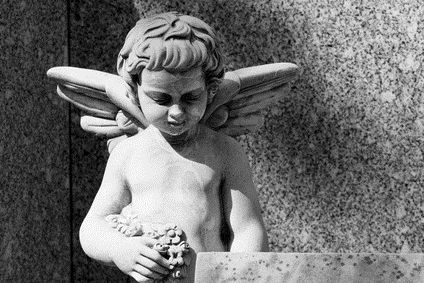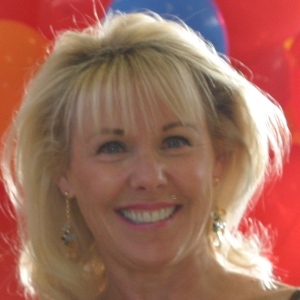
I always enjoy speaking in Pinehurst, North Carolina, because it is home to a fabulous National Alliance on Mental Illness chapter and one of my favorite advocates. Marianne Kernan invited me to speak at a fund raiser for Linden Lodge last weekend and also deliver a speech during a moving interfaith church service. Marianne spearheaded a NAMI Moore County campaign to build Linden Lodge when she was president of the chapter. NAMI bought a 1970’s rambler and turned it into a seven bedroom residential facility with a garden and a multi-use building for art, music therapy, physical fitness activities and peer support group meetings. Six residents live in the debt free house. The Linden Lodge Foundation accepts no state or federal money.
Because of draconian budget cuts in mental health and housing programs, persons with mental disorders are finding it almost impossible to find housing. Today’s edition of The Washington Post notes that there has been a 23 percent rise in homelessness in the newspaper’s circulation area since recession began. The newspaper reported in an earlier story that persons with mental illness can wait up to 18 years to get into a housing program in affluent Fairfax County, Virginia, where I live.







